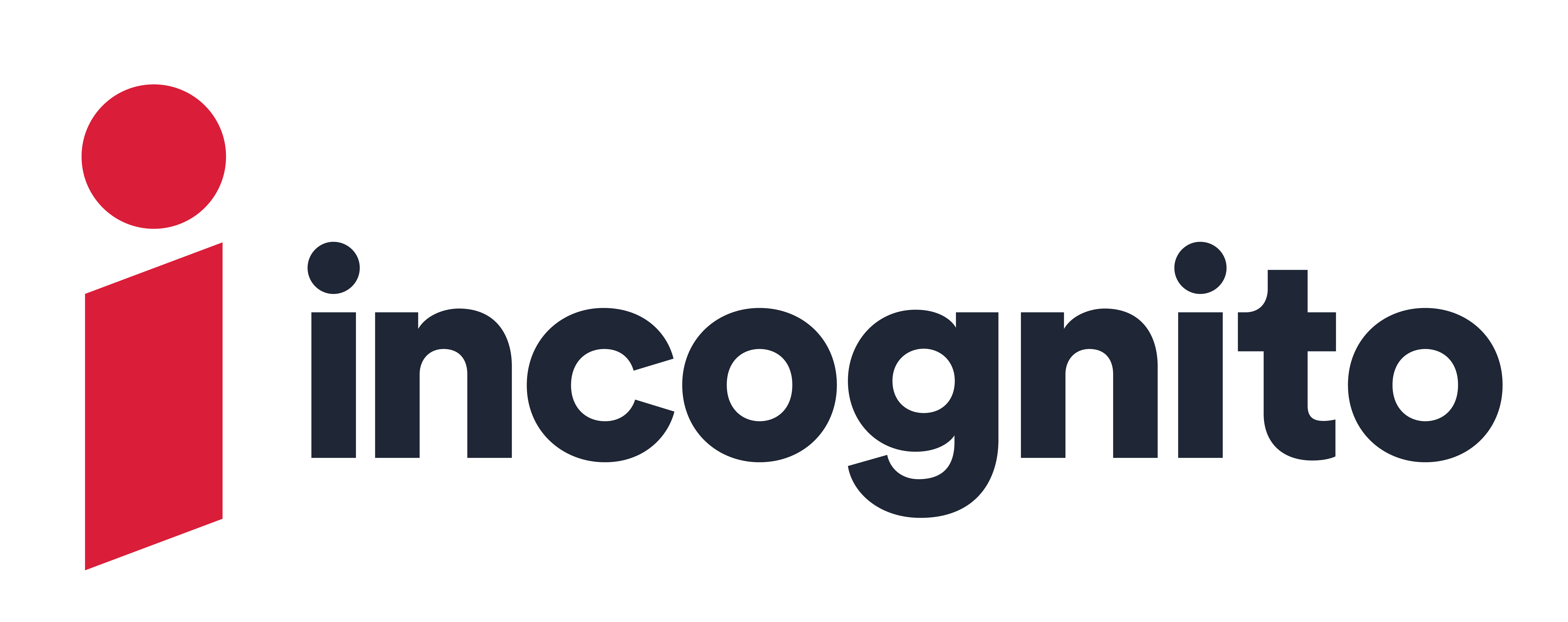As legislators and consumer advocacy groups from all sides determine the future of broadband services — in light of growing bandwidth consumption and concerns over privacy — it’s important to understand what policies are being examined, how changing these policies could have an effect on ISPs and their subscribers, and what trends are occurring in markets that have already reformed their Internet privacy and net neutrality laws.
In April, the European Parliament passed a package of telecom policy reforms, which heavily addressed the need to define and protect net neutrality laws. The new legislation prohibits ISPs from slowing down or blocking bandwidth dedicated to high-traffic video conferencing software and over-the-top (OTT) content providers, except in the event of a court order, to preserve network security, or to prevent temporary network congestion.
The issue of increasing network congestion is what makes the topic of net neutrality truly apparent for many subscribers, as broadcast-quality on certain IP-enabled devices suffers when an ISP can no longer keep up with the exceeding bandwidth requirements of its users. The problem becomes even more visible when ISPs begin making decisions to completely inhibit the service of high-traffic content, like OTT providers Netflix and Hulu. The majority of pro-net neutrality activists argue that ISPs should not have the right to dictate which content is given priority within a subscriber’s plan. In the new European Parliament laws, ISPs are only permitted to slow bandwidth on IP services for the necessary amount of time to fix congestion issues.
European reform follows a similar Brazilian legislation bill, which was passed in April, where privacy concerns became a key factor of reform. In the new laws, the disclosure of personal data to outside parties generally requires the consent of the Internet user, unless directed under court order. The trend towards user data privacy has been the subject of much discussion since the revelation of NSA spying on the communications of worldwide Internet users. Internet privacy reform continues to be a largely pressing issue in both Canada and the United States.
Throughout North America, debates are still wide open regarding net neutrality. Currently, there are no clear legal restrictions against ISPs impeding the services of content providers, but recently, subscribers have been voicing concerns about overcrowded networks and slower bandwidth service during peak hours. While the U.S. and Canada have not typically been early adopters of legislation trends, it’s safe to say that we should expect to hear more in the coming future about Internet privacy and net neutrality laws, and the impacts they’ll have on IP subscribers, ISPs, and content providers.
The good news is, there are alternatives to shutting down content, and the decision to increase a subscription package or accept a slower bandwidth speed can rest in the hands of the subscriber with the use of a proficient, non-intrusive, IPDR-based policy enforcement solution.
